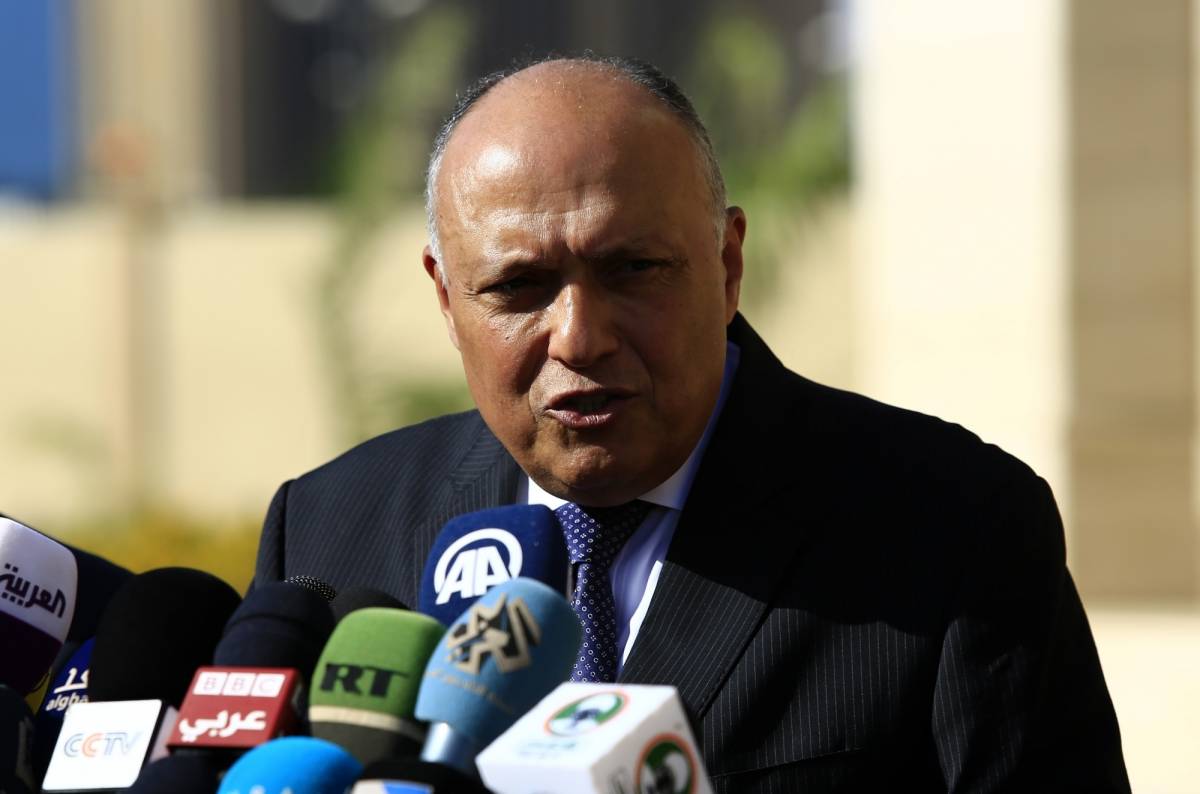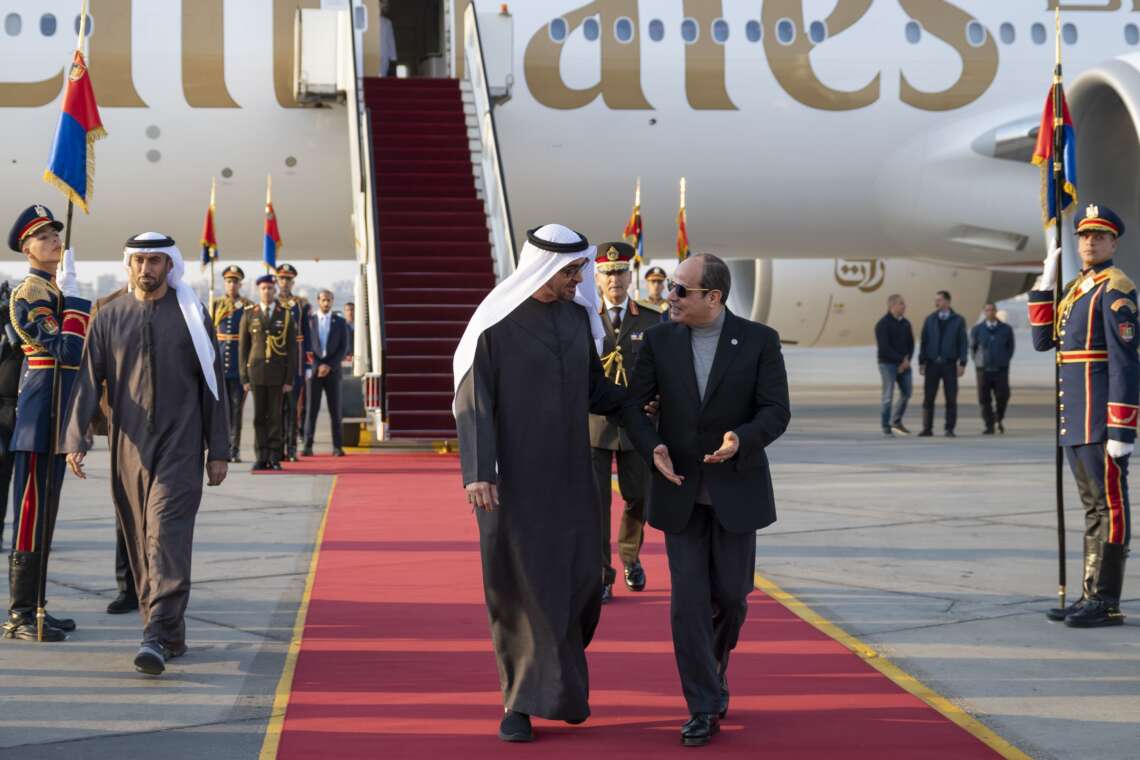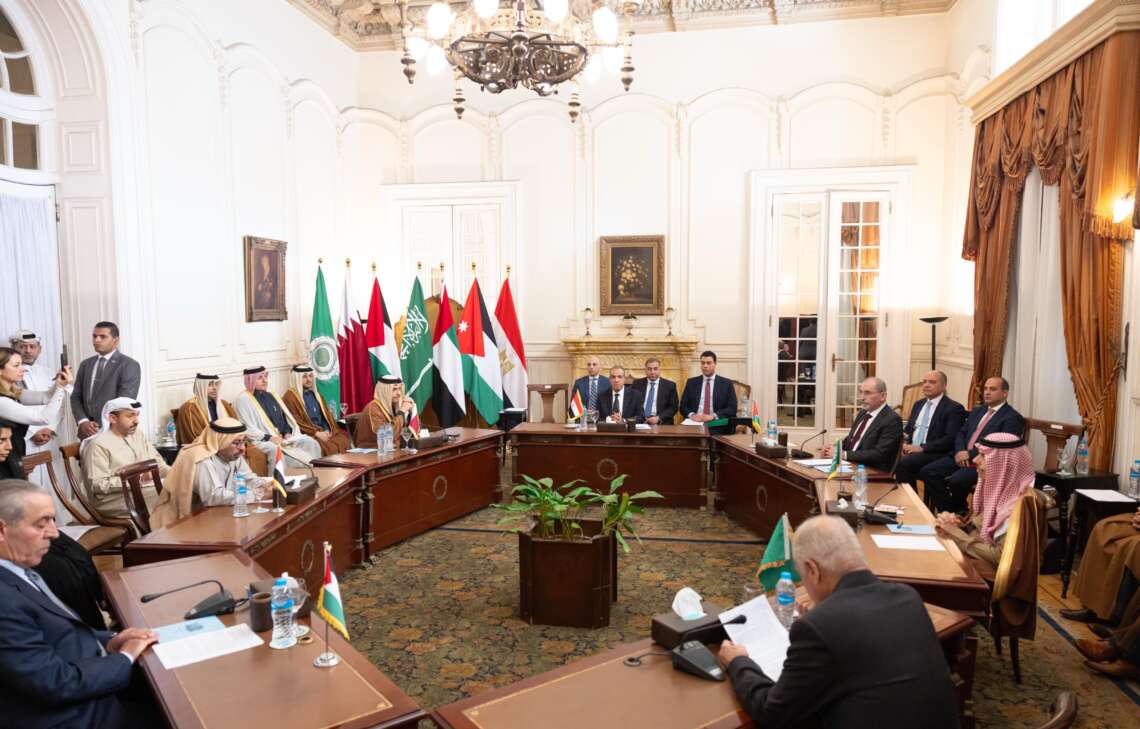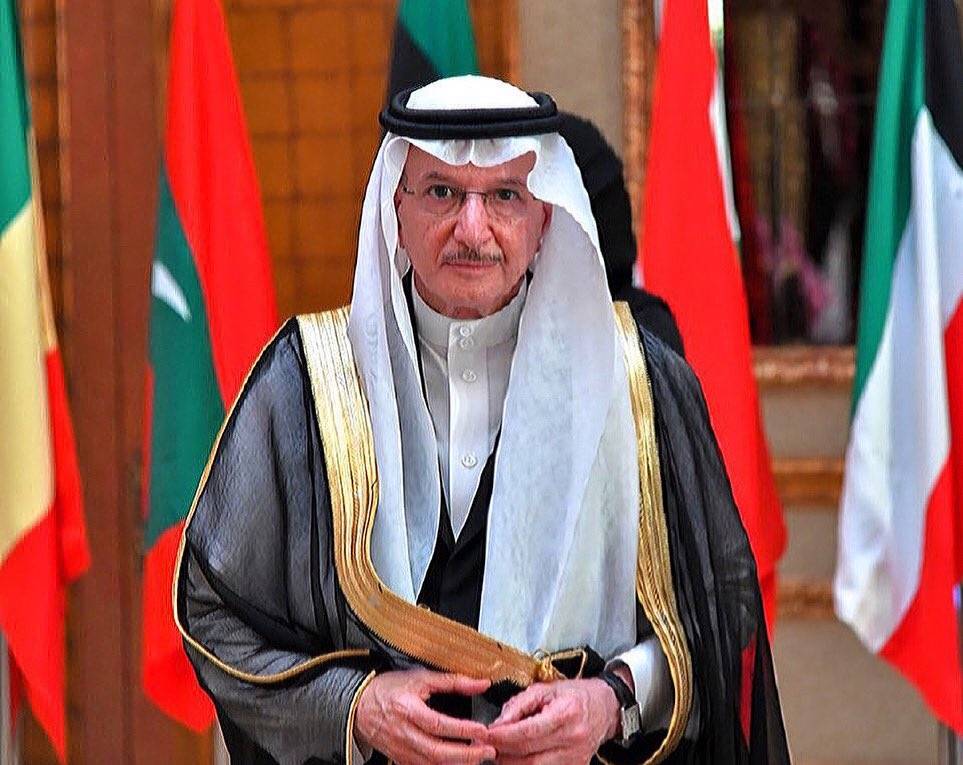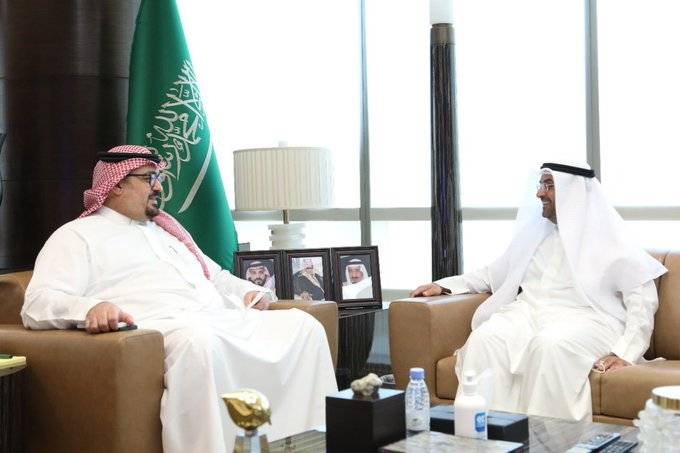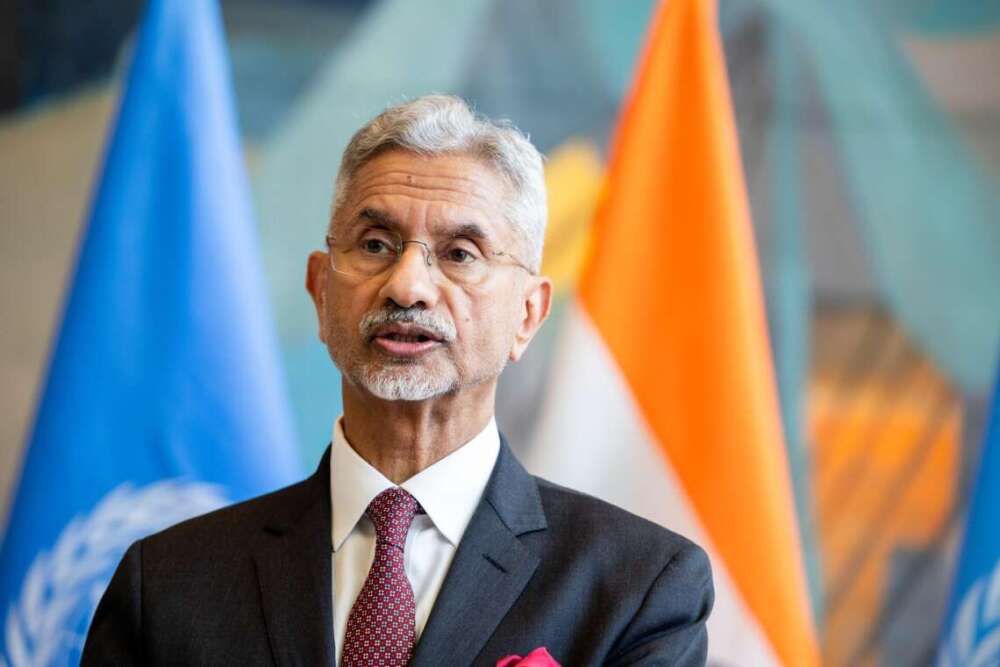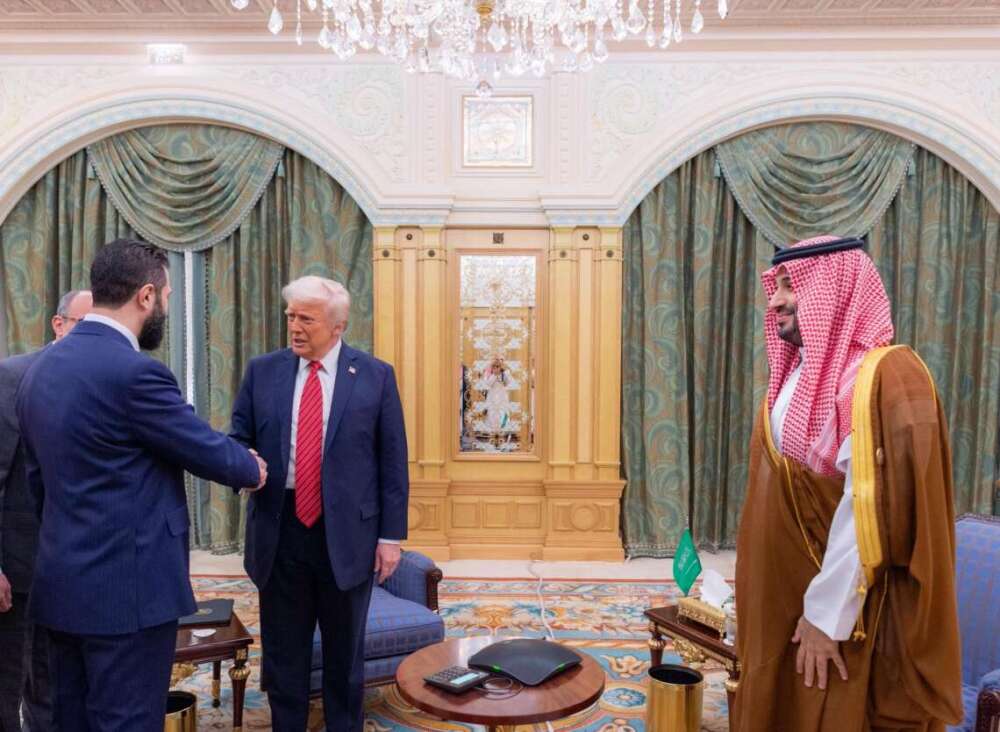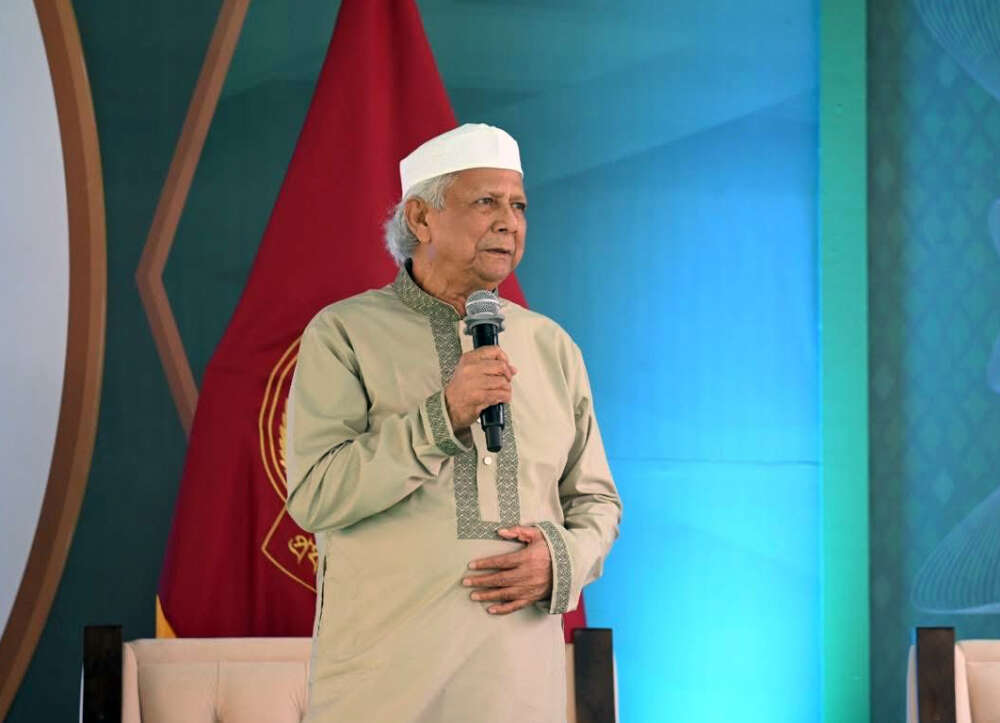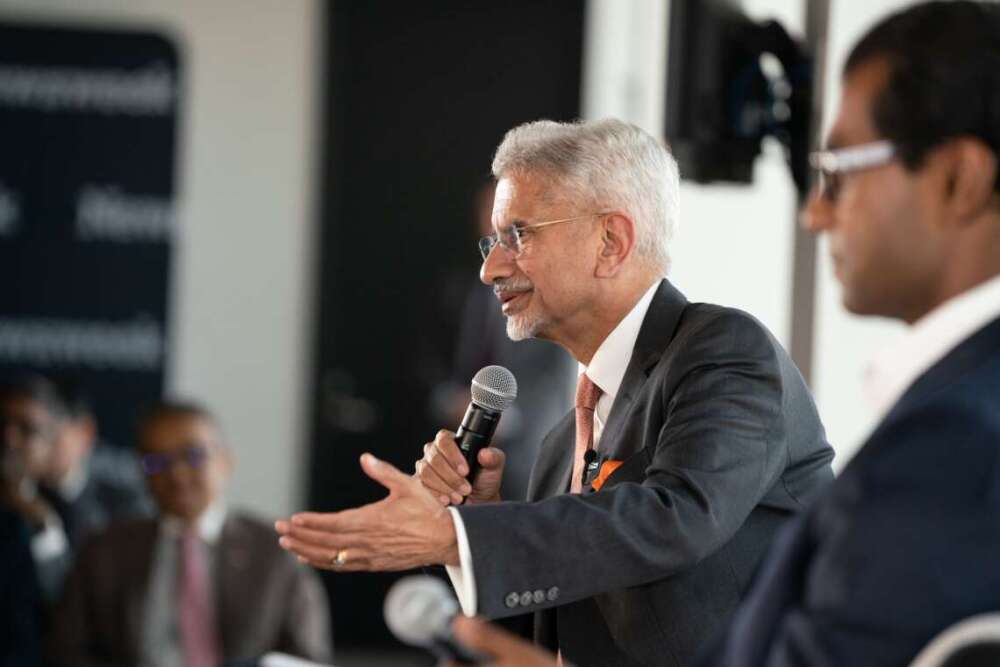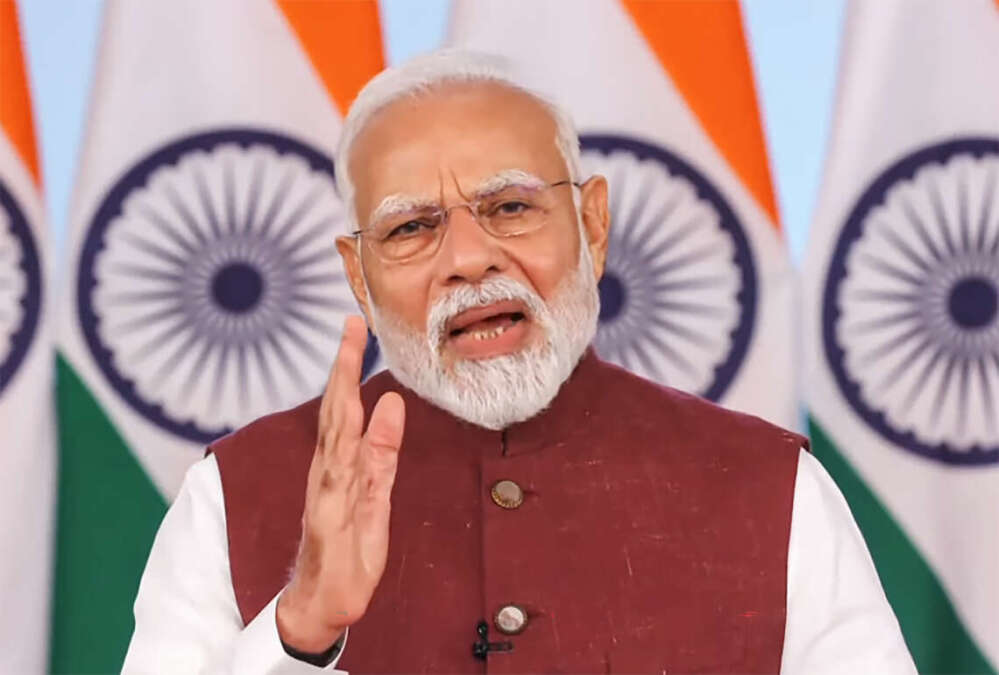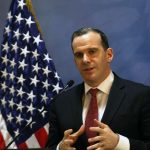The UN remains ready to support Egypt, Ethiopia and Sudan, and the African Union, in their efforts to achieve an agreement on GERD that is beneficial to all…reports Asian Lite News
Egypt is was facing an existential threat from the Grand Ethiopian Renaissance Dam (GERD) on the River Nile, said Foreign Minister Sameh Shoukry, media reported.
According to Arab News report, Shoukry warned that, if the interests and livelihoods of its citizens are threatened, Cairo will defend them “with all means available.”
He said Egypt is committed to the principles of the UN and will continue to demonstrate flexibility and to support the negotiating process, it reported.
Shoukry, during a UN Security Council meeting, described the massive hydroelectric dam as “a colossal wall of iron and steel (that) has arisen along the banks of a great and ancient river and has cast a long and dark shadow over the future and fate of the people of Egypt.”
The meeting came days after Addis Ababa began the second stage of filling the reservoir behind the dam.
Meanwhile, Inger Andersen, Executive Director of the UN Environment Programme (UNEP), said that an agreement between Ethiopia, Egypt and Sudan on the disputed Nile dam in can and must be reached.
While shared watercourses have been the cause of dispute, they can also be the foundation for cooperation and well-planned hydraulic infrastructure on a shared river course can be a source of enhanced collaboration and need not be a zero-sum game, she told the Security Council on Thursday during a briefing on the Grand Ethiopian Renaissance Dam (GERD), whose construction is nearing completion.
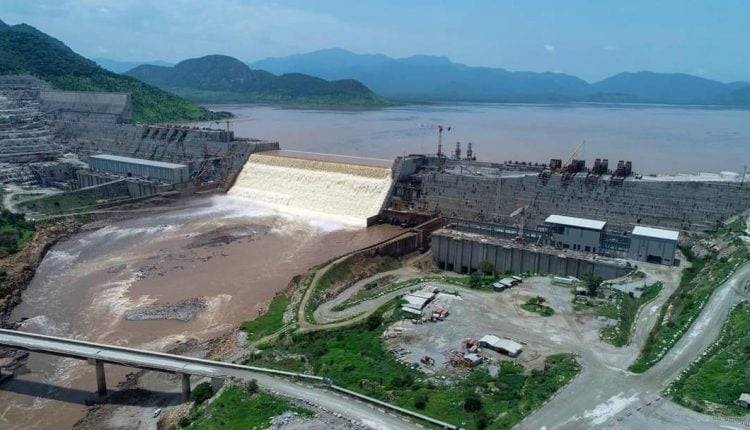
ALSO READ: Israel Seeks Better Ties With Arab World
With integrated planning, damaging seasonal inundations can be prevented, energy can be traded, water storage can be optimised, and benefits can materialize both in terms of development and in terms of water optimisation, Xinhua news agency reported citing the UNEP chief as saying.
While progress has been made in many areas of the negotiations, consensus has not been reached regarding some critical aspects, including arrangements for the management of protracted drought, development of upstream and downstream of GERD, and a dispute resolution mechanism, she noted.
“At this stage, and with other sources of regional tension increasing, we must recognize that overcoming the remaining differences among the parties will require careful, meticulous work, supported by the relevant technical and legal experts and with a determination by the three states to arrive at a cooperative solution, in pursuit of sustainable development for all in the spirit of ‘one river, one people, one vision’.
“An agreement on GERD can be reached, and, indeed, must be reached,” Andersen said.
A large dam — any large dam — impacts and alters a river’s flow and where water is scarce and drought frequent, such as is the case in the Blue Nile Basin, cooperation on a shared river is the only long-term sustainable option, she said.
The UN remains ready to support Egypt, Ethiopia and Sudan, and the African Union, in their efforts to achieve an agreement on GERD that is beneficial to all, the UNEP chief added.
Ethiopia, an upstream Nile basin country, started building the GERD in 2011 and carried out the first phase of filling the dam in July 2020 despite the concerns of the downstream countries Egypt and Sudan, which have repeatedly called for a tripartite binding agreement on the rules of filling and operating the dam.
Over the past few years, tripartite talks on the rules of filling and operating the hydropower dam with a total capacity of 74 billion cubic meters have been fruitless, including those hosted by the US and the recent ones by the African Union.


